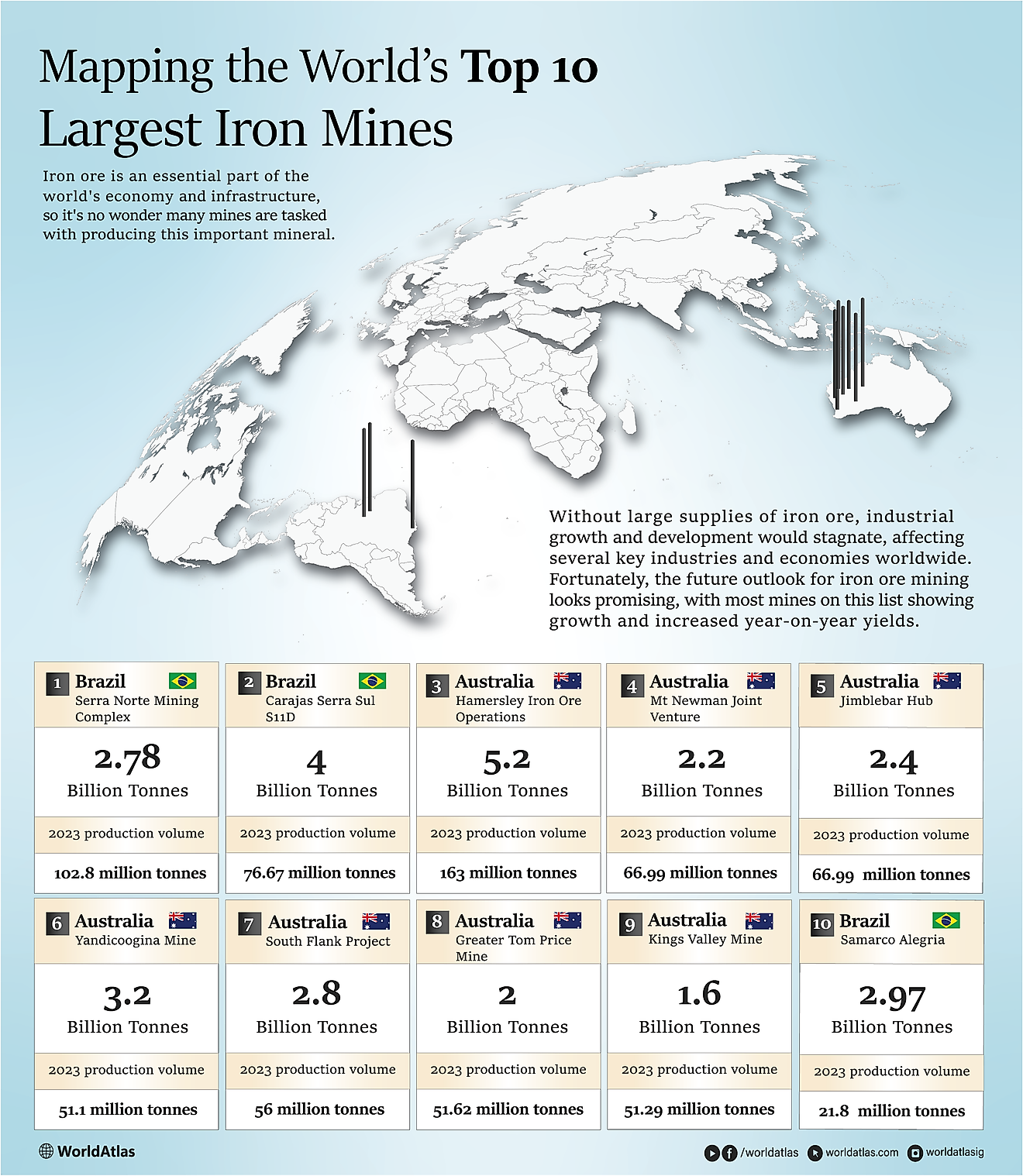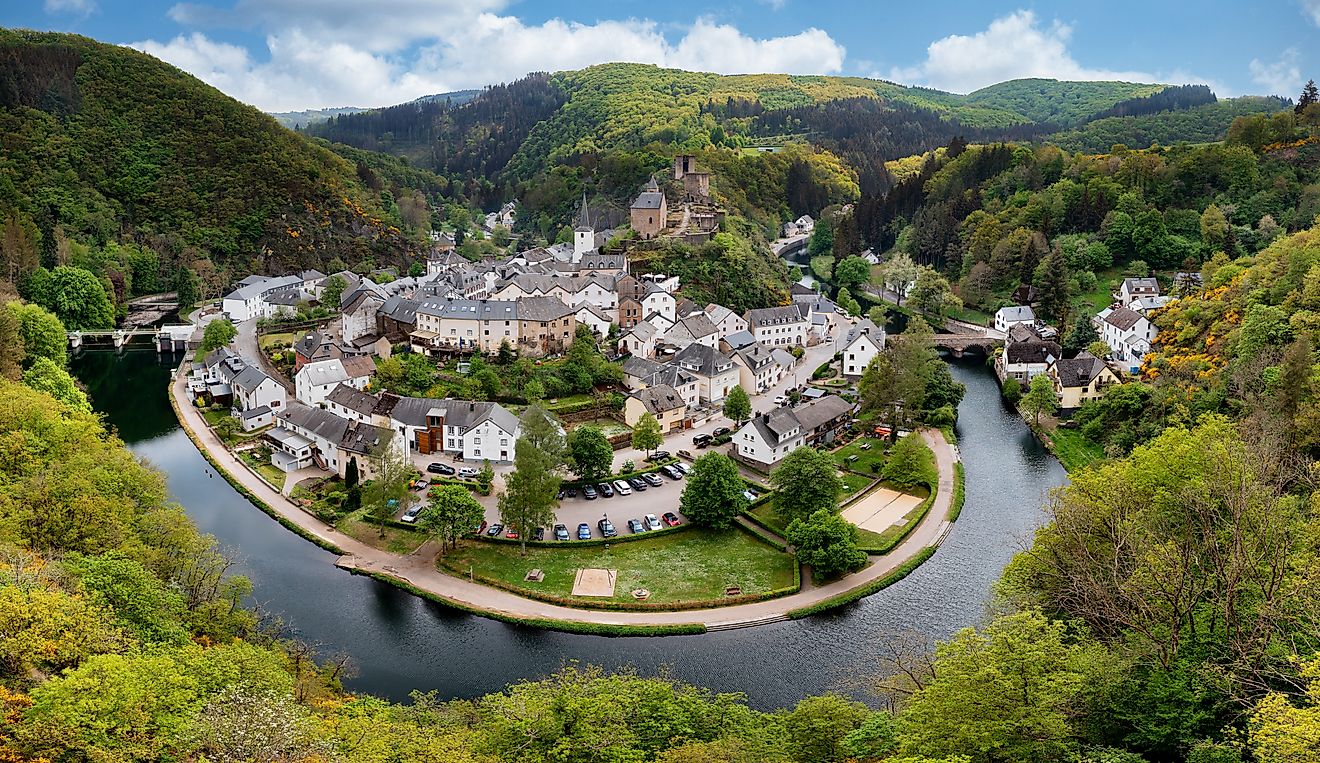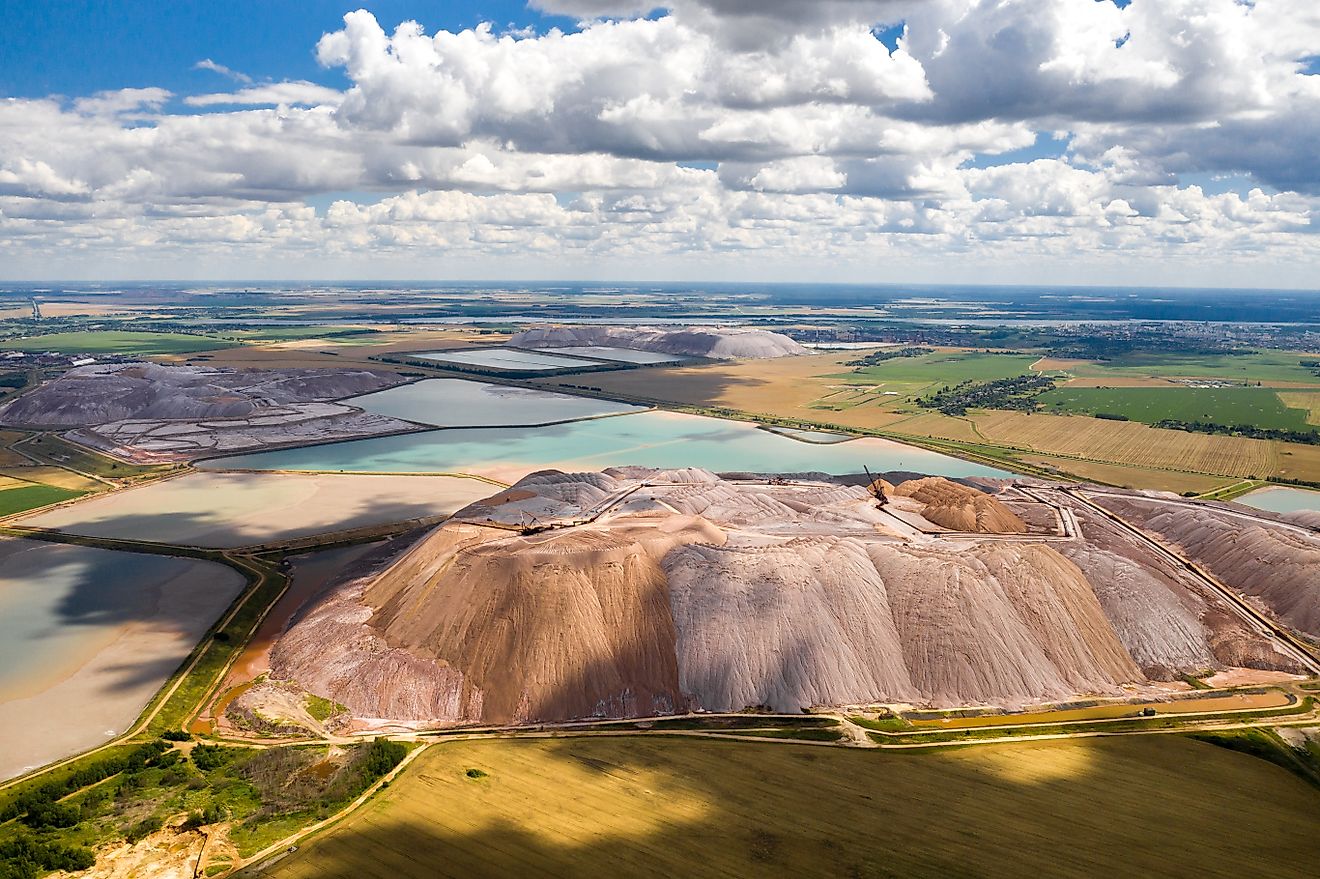What Are The Major Natural Resources Of Georgia?

With a GDP of about $531 trillion, the state of Georgia is among the largest economies in the US. So large is the state’s economy that if the state were classified as a country, it would be the world’s 28th largest economy. The state capital, Atlanta is one of America’s largest cities and is the state’s economic hub and the epicenter of trade, logistics, and real estate in Georgia. Georgia is also home to North America’s fastest-growing seaport, the Port of Savannah.
The stability of economy is evidenced in the economic situation of its residents with the median annual income per capita in the state ranging between $50,000 and $59,999 which mirrors the national median annual income per capita which stands at $57,617.The wealth that the state is endowed with is partly attributed to the natural resources that Georgia has in plenty. Some of the natural resources that the state is endowed with include its forests, lakes, rivers, agricultural land, fisheries, and minerals. The state’s natural beauty is another natural resource as it generates Georgia millions of dollars in revenue from tourism.
Freshwater Bodies (Lakes, Rivers, and Wetlands)
One of the state’s many natural resources are its lakes and rivers with the state being home to over 0.42 million acres of lakes and over 70,000 miles of rivers and streams. The environmental values of these freshwater bodies are invaluable as they support a rich and diverse ecosystem. The rivers are important sources of freshwater for thousands of inhabitants who reside along their banks. Another economic benefit that the rivers have is seen in the generation of hydroelectricity. The lakes are particularly important for recreational purposes as they are excellent for fishing, many forms of water sports, and swimming. The lakes also provide fresh water for drinking and agricultural purposes. Some examples of these lakes found in the state include Clarks Hill Lake (the state’s largest lake covering 78,000 acres), Lake Eufaula, Lake Sinclair, Lake Hartwell, Lake, Seminole, and West Point Lake. Another resource is the state’s wetlands which occupy more than 4.5 million acres. Like the lakes, the wetlands are home to thousands of different fauna and flora species.
Forests
Often labeled as America’s leading forestry state, the state of Georgia is predominantly covered with thick forests. To be precise, more than 60% of the state’s land area is occupied by forests which are more than any other state in the continental US. An estimated 22 million acres of land within the state have private commercial forests, which are the largest in the whole country. Forests are, therefore, one of the major natural resources of the state. The state earns about $0.753 billion each year as state tax revenue from its forests. In 2015, the state’s forest industry had an overall economic impact valued at about $35 billion. The vast forests also have priceless environmental benefits not only for the state but for the entire country as they help in absorbing the carbon dioxide from the atmosphere. Some economists value the ecosystem benefits drawn from the forests at about $37 billion. More than 50% of the world’s resin production comes from the millions of pine trees found in the state. Georgia is America’s leading producer of pulp and paper, both of which are an important export item for the US. The state accounts for about 21% of the total US pulp exports. Georgia is also the number-one producer of wood pellets in the country, with its annual production being valued at $0.136 billion. The state is also America’s largest producer of wood fuel as its annual wood fuel production is valued at over $160 million. Not only is forestry a billion-dollar industry in Georgia, but it is also a major employer as it employs thousands of people. The total number of people indirectly and directly employed by the forest industry in Georgia stands at 0.144 million.
Agricultural Land
The presence of dense forests and many water bodies shows that the state experiences climatic conditions favorable for agriculture which makes agricultural land another of Georgia’s natural resources. The land which is classified as prime for agricultural production in Georgia measures an estimated eight million acres. Agricultural production in the state is concentrated in its southern and middle regions. The large-scale farms found in the regions are important producers of soybeans, corn, and peanuts. Agricultural products are among the chief export items for the state with examples being textiles, apparel, and poultry products. However, the agricultural product which the state is most famous for is pecans as Georgia remains the world’s number-one producer of the crop. Pecans are predominantly grown in the southwestern region of the state surrounding Albany. The state’s textile industry is not as vibrant as it originally was, but it still has a presence in a few of the major cities in the state such as Augusta, Macon, Rome, and Columbus. Poultry farming is practiced in many parts of the state but is concentrated in Gainesville and its surrounding regions. The city is often labeled as the “world’s poultry capital” as a testament to the impact of poultry farming in Gainesville.
Minerals
In the past, the state was known for its gold minerals but decades of mining exhausted the gold deposits in the state and many of the gold mines in Georgia are currently abandoned. The state is by far the nation’s largest producer of clay which has countless applications across different industries. Another important mineral found in the state is kaolin with Georgia having the largest production of the mineral in the world. Georgia produces over eight million metric tons of kaolin annually, an immense production which is valued at over $1 billion.
Natural Tourist Attractions
Besides the state’s artificial attractions such as the Georgia Aquarium (which was at one point the world’s largest aquarium based on the Guinness World Record), and the Martin Luther King Jr. National Historic Site which attracts hundreds of thousands of tourists each year, the state is also home to numerous natural tourist attractions. One example is Stone Mountain, a towering geological feature which is among the top tourist attractions in the state. Another example is the Golden Isles which are islands found in the Atlantic Ocean whose natural beauty is complemented by golf courses making them tourist magnets.











